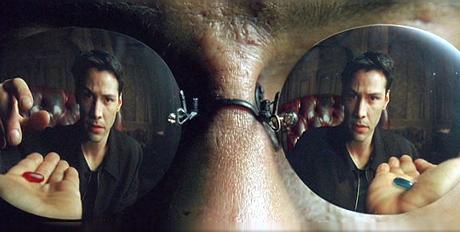So take it away Jack...

I have found there is serious cross-pollination between Sword, Stick and Aikido, and it gets more serious the further along we get in each. There is a threshold where our capacity to find correlations increases; we penetrate to fundamentals and start to see how they apply elsewhere. This usually requires repeatedly shedding strength and ego and even success, in order to reshape ourselves correctly according to our new understanding of principle. “Good body mechanics is always good body mechanics” as Lee Sensei put it. “Good mental attitude” too…. Correct practice, at whatever level, is essential, so we don’t end up being black belt masters of garbage.
The phrase "Deep practice" is mostly used referring to seminar experiences. However serious practice every day also must include the element of intensity and focus on reality – what is really happening at each moment? Going through the motions is OK. Doing Aikido with lame or unrealistic uke (training partner) is OK. But the “deep practice” experience requires the challenge of reality. The sword can or cannot really cut you. The stick can or cannot really dominate your opponent. Kuzushi (balance breaking) really overwhelms an honest, powerful, stable, committed attack, and uke is neither acting out the response nor selfishly altering the timing and scenario. The value of seminars is not just access to information, but increased standards, intensity of practice and pressure of scrutiny. The reality that other people are doing it correctly and succeeding, and expect you to.

Iaido is the greatest crucible for zanshin, since everything is in your mind. You must be the enemy with a sword, and you must understand and maintain the strategy of your enemy at the same time you have to monitor your actions and not get lost in details. There is no partner to keep you honest or even focused; not even your teacher can, except by example.
Conversely, partner arts always have the element of ego interfering with principle. Getting the job done, wrong, is ok. Doing a jodo kata poorly, in one situation, against one uke, who may or may not be “giving you” the technique, can be successful at the moment. It’s OK. But it’s a dead end, it doesn’t grow. It’s like “beating” someone in randori – you get the technique, give yourself a medal. You used the practice to boost your ego. What are your criteria for victory? Ultimately, we should be practicing to GET IT, to do the correct movement in the correct way at the correct time, while relaxed and with minimum effort. Separating the ultimate goal from immediate success is the hardest thing about any partner practice. When we do it right, we know it and it surprises us. There is a feeling of joy and confidence, and we wonder what the heck we were doing the rest of the time. Perfect practice makes perfect. Slow down, relax, do it right. Repeat.
- Jack Bieler







Great insights. The effectiveness of our practice is what we make it, and then our practice shapes us.
ReplyDeleteSince weekly participation in practice has been shaky lately, my morning practice with ken and jo have become the most sacred part of my day, and though it isn't all that long, I do my best to keep it deep practice. But I think deep practice doesn't have to mean that of the ultimate "intensity". The goals of my practice are to elevate my skill in the arts, but probably more importantly than anything else, it's to relax my mind and body through the movements. This has priority over intensity of practice and changes it in a lot of ways. The best? Dunno, but it's what I want. Rick said it well, "The effectiveness of our practice is what we make it." Mr. Bieler looks like an excellent resource to train with! SS you certainly don't seem lacking in good teachers around you.
ReplyDelete